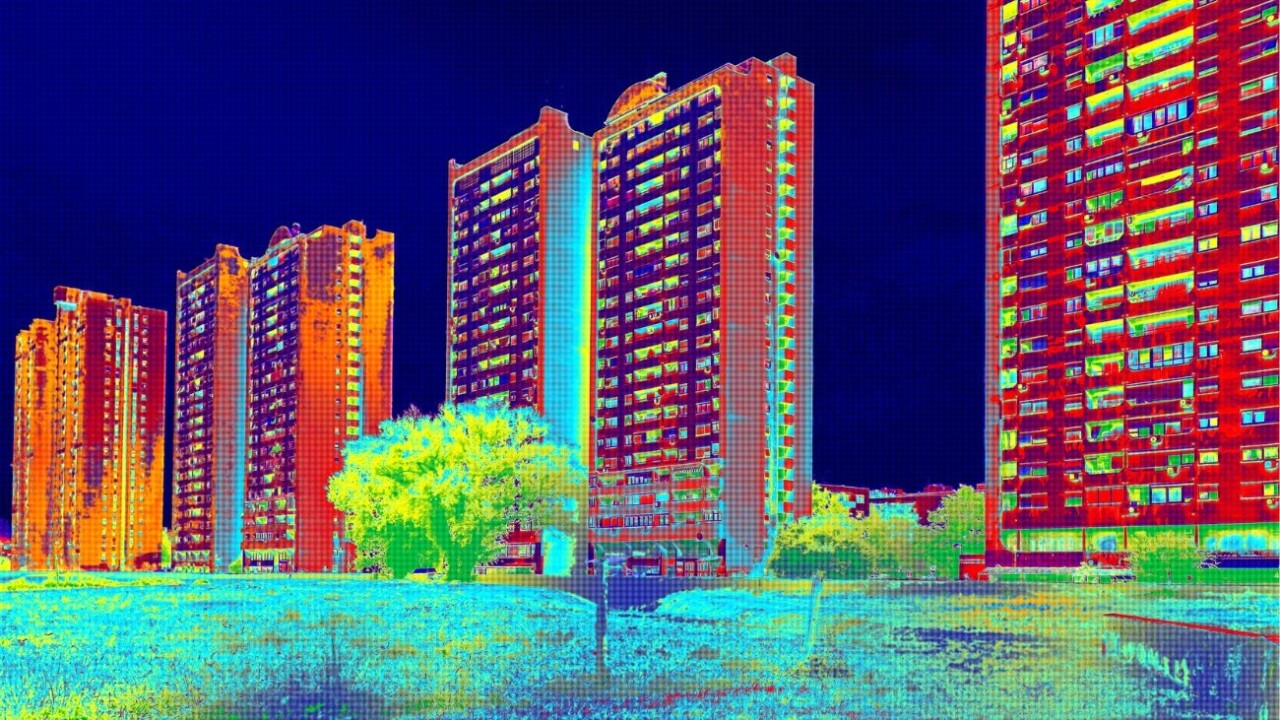
Two researchers from the University of Cambridge have developed a deep-learning algorithm that could make it easier, faster, and cheaper to identify energy-wasting homes — a significant source of greenhouse gas emissions.
Trained on open-source data including energy performance certificates and satellite images, the AI was able to classify so-called ‘hard to decarbonise’ houses with 90% accuracy, according to the study. These homes are hard to electrify or retrofit for a variety of reasons including old age, structure, or location.
The model can pinpoint specific parts of a building — such as the roof and windows — which are losing the most heat, and whether a home is old or modern. However, the researchers are confident they can significantly increase the detail and accuracy of the model over time.

The UK aims to decarbonise all homes, even the drafty ones, by 2050. But without a way to identify high-priority “problem properties,” policymakers could struggle to meet these targets, said the researchers.
“This is the first time that AI has been trained to identify hard-to-decarbonise buildings using open source data,” said Dr Ronita Bardhan, the head of Cambridge’s Sustainable Design Group and co-author of the study.
“Policymakers need to know how many houses they have to decarbonise, but they often lack the resources to perform detailed audits on every house. Our model can direct them to high-priority houses, saving them precious time and resources,” she continued.
Bardhan, and the study’s other author, Maoran Sun, say they are now working on an even more advanced framework which will bring additional data layers like energy use, poverty levels, and thermal images of building facades. They expect this to increase the model’s accuracy but also to provide even more detailed information.
Until now, decarbonisation policy decisions have been based on evidence derived from limited datasets, said the researchers, who are optimistic about AI’s power to change this. The ability of AI algorithms to extract value from massive amounts of data is arguably a game-changer for solving complex problems.
Outside the realm of academia, there are countless companies putting AI to the task of solving climate change. Just take Dryad Networks, based out of Berlin, which is tapping machine learning to speed up wildfire detection times, or Norway’s 7Analytics which uses AI to better predict flooding and minimise damage to infrastructure.
Get the TNW newsletter
Get the most important tech news in your inbox each week.




